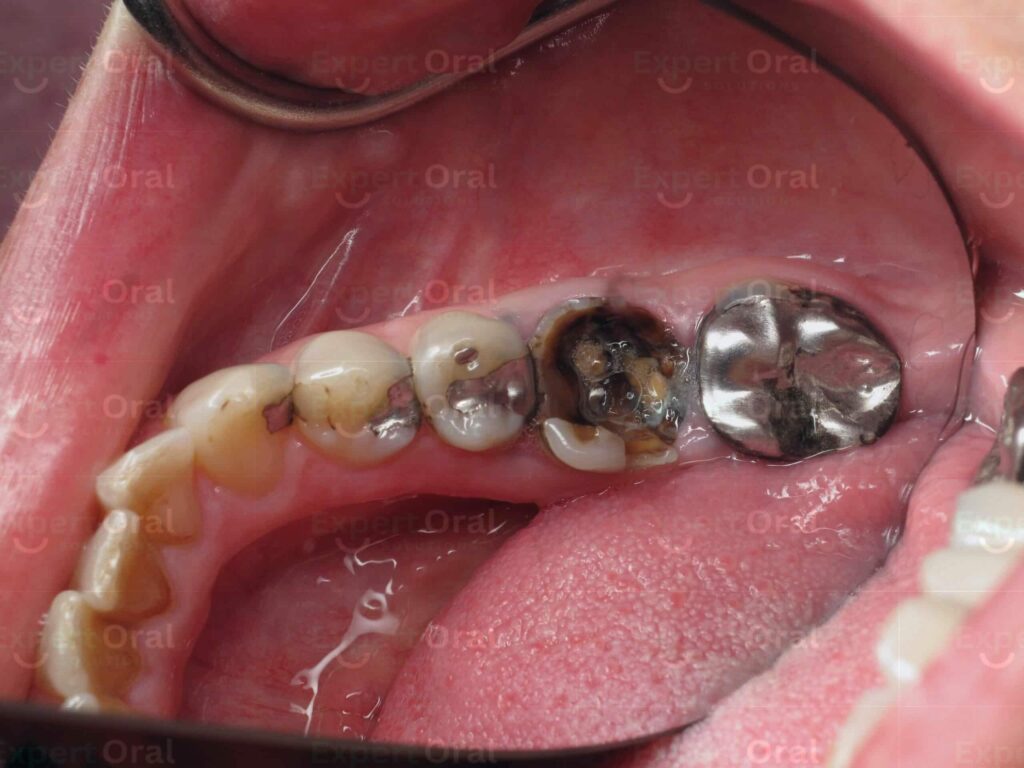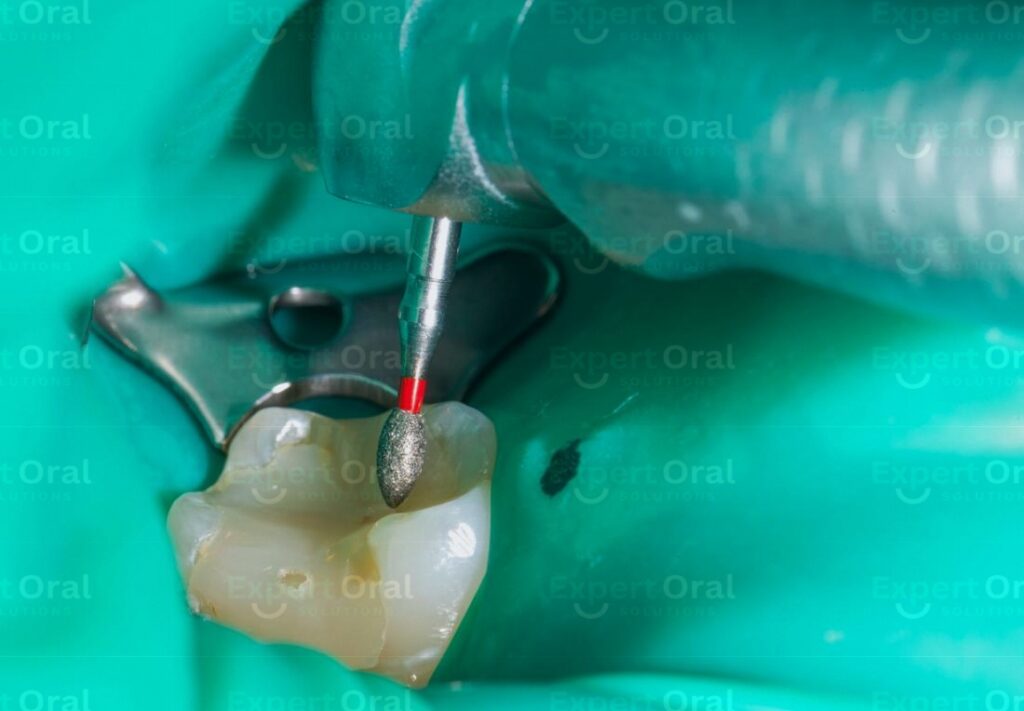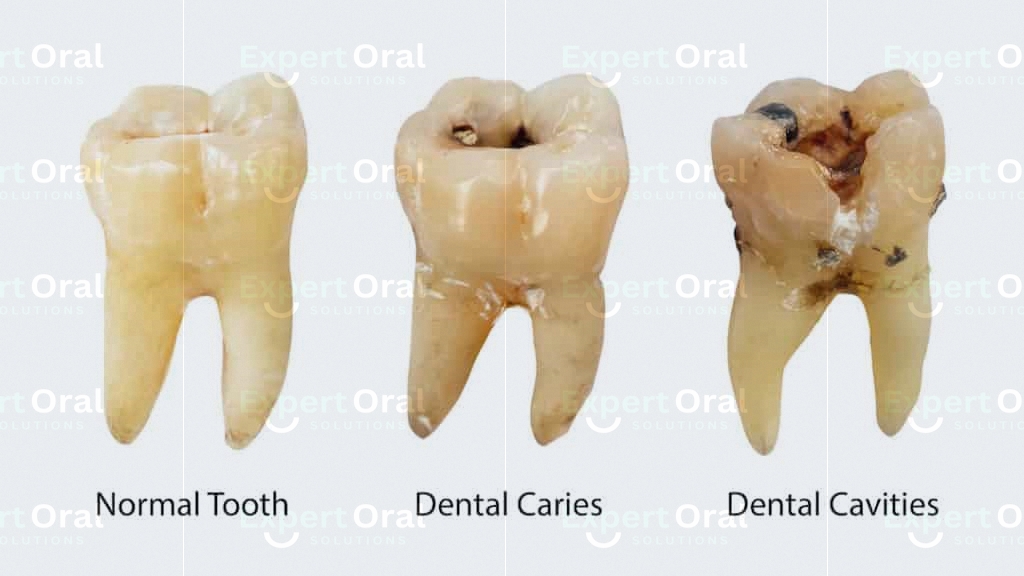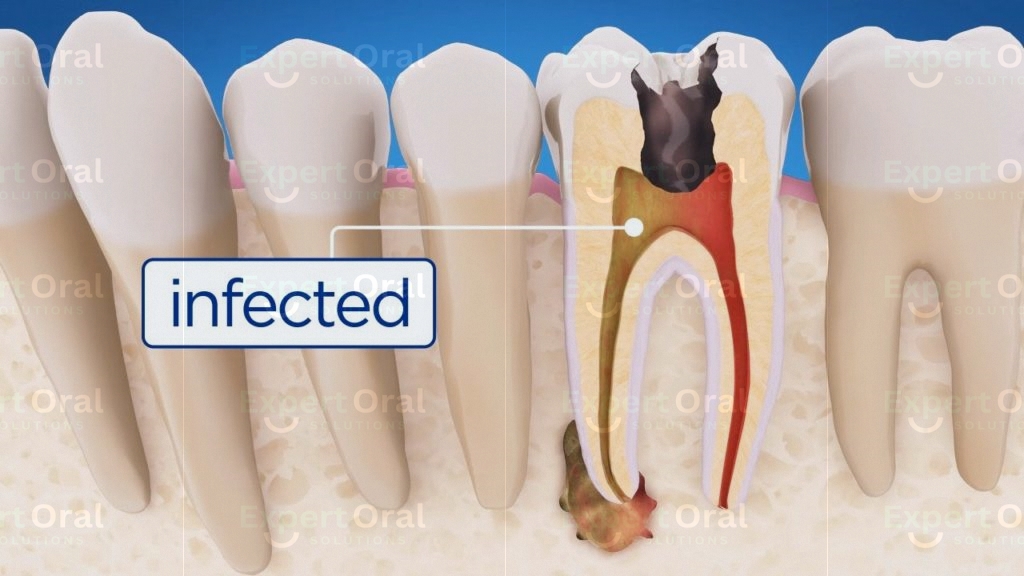A root canal is a dental procedure that removes infected pulp (the soft tissue inside your tooth) and saves the tooth from extraction. But what happens after the procedure? Does a root canal last forever? The answer, like many things in dentistry, isn’t a simple yes or no.
This blog post explores the lifespan of a root canal without a crown and what factors influence its durability. We’ll also delve into the benefits of crowns and why they’re often recommended after root canal therapy.
Can a Root Canal Last Without a Crown?
Absolutely! Root canals can last for many years without a crown, especially with proper care. However, the lifespan significantly decreases compared to a root canal with a crown. Here’s why:
-
Increased Brittleness: During a root canal, the dentist removes the vital pulp, which provides some structural support to the tooth. This can leave the tooth more brittle and susceptible to fracture, especially if it has significant pre-existing damage.
-
Chewing Pressure: Back teeth endure significant chewing forces. Without the crown’s reinforcement, a root-canaled tooth in the back of your mouth is more prone to breaking under pressure.
-
Shape and Size of Cavity: Extensive cavities weaken the tooth structure further. The larger the cavity, the higher the risk of fracture without a crown.

So, How Long Can You Expect a Root Canal Without a Crown to Last?
There’s no one-size-fits-all answer. Studies suggest that root canals without crowns can last anywhere from 5 to 10 years, with some lasting even longer (Ref 1: https://pubmed.ncbi.nlm.nih.gov/29499242/)). However, several factors influence this timeframe:
- Location of the Tooth: Front teeth experience less chewing pressure and might last longer without a crown.
- Oral Hygiene: Regular brushing, flossing, and dental cleanings contribute significantly to the longevity of a root canal.
- Diet: A hard, chewy diet puts more stress on the tooth, increasing the risk of fracture.
- Pre-existing Damage: Extensive cracks or large fillings before the root canal weaken the tooth structure.
Benefits of Getting a Crown After Root Canal Treatment
While a root canal without a crown can last for a while, dentists usually recommend a crown for several reasons:
- Strength and Durability: A crown acts like a protective cap, significantly increasing the lifespan of the tooth by shielding it from fractures and wear.
- Improved Function: Crowns can restore the original shape and size of the tooth, allowing for optimal chewing function.
- Appearance: Crowns can be made to match the color and shape of surrounding teeth, enhancing your smile’s aesthetics.
The Choice is Yours, But Informed is Best
Ultimately, the decision of getting a crown after a root canal depends on your individual situation and risk factors. Discuss it thoroughly with your dentist. They will consider the location of the tooth, the extent of pre-existing damage, and your individual needs to recommend the best course of action.
Remember: Early intervention is key! If you start to experience sensitivity, pain, or discomfort around a root-canaled tooth, consult your dentist promptly to prevent further damage or complications.
References:
- [Ref 1] Walton, Robert E., et al. “Endodontic Treatment Survival as a Function of the Number of Canals Treated: A Retrospective Study.” The Journal of Endodontics, vol. 40, no. 4, 2014, pp. 533-539., https://pubmed.ncbi.nlm.nih.gov/29499242/
Additional Resources:
- American Association of Endodontists: https://newsroom.aae.org/video/root-canal-treatment-a-step-by-step-guide/
- Mayo Clinic: https://www.mayoclinic.org/diseases-conditions/tooth-abscess/multimedia/root-canal/sls-20076717?s=3
Disclaimer: This blog post provides general information only and should not substitute for professional dental advice. Always consult with a qualified dentist to discuss your individual situation and treatment options.




